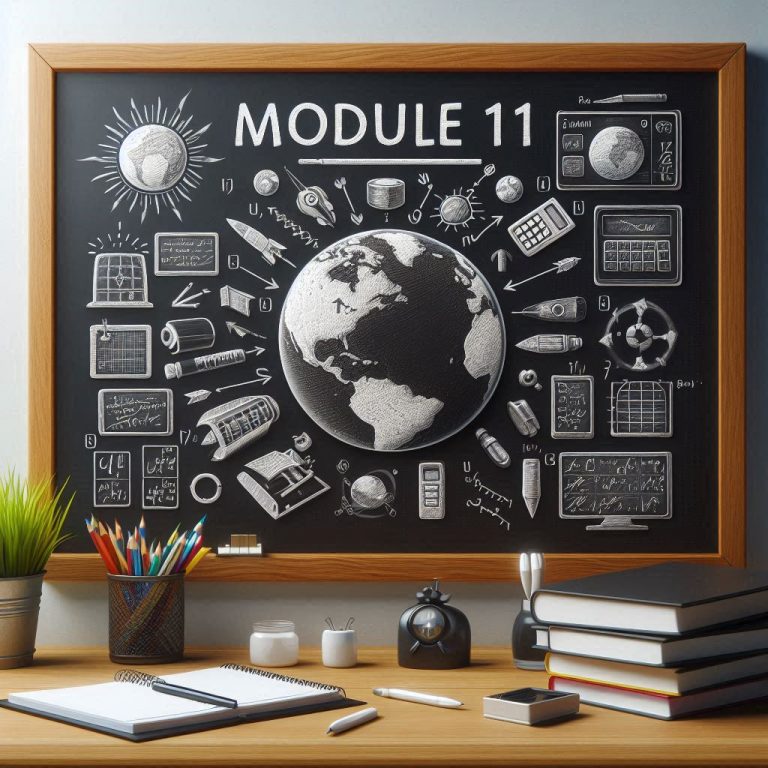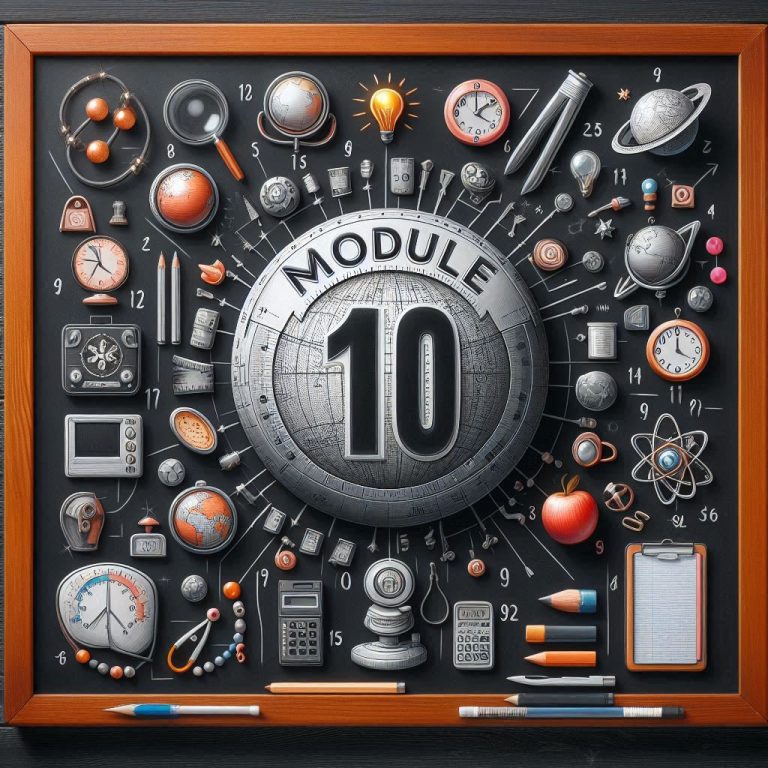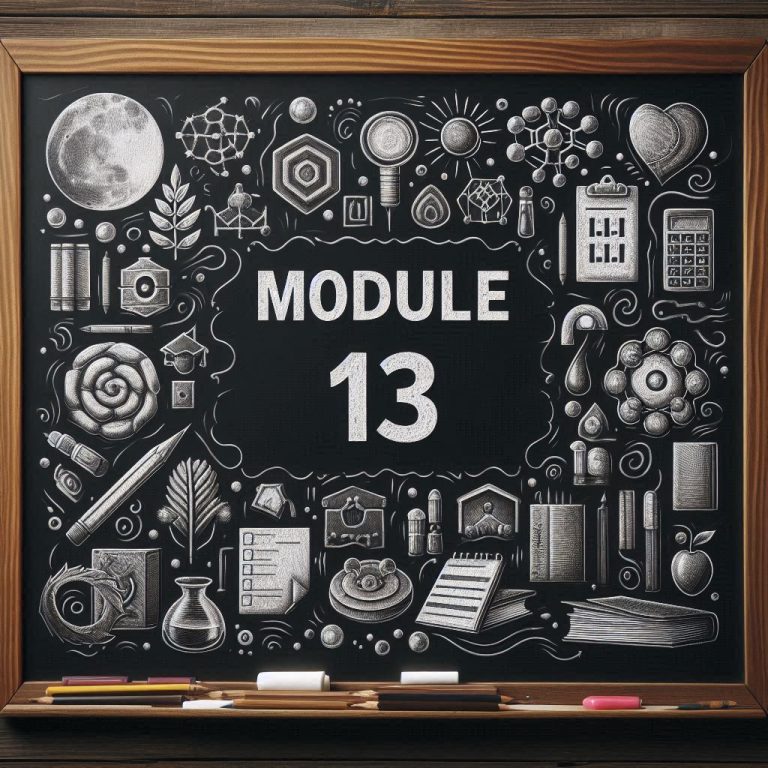Understanding Daily, Weekly, and Monthly Routines
What is a Routine?
A routine is something you do regularly at the same time or in the same way. Routines help us organize our lives and remember important tasks. They can be daily (every day), weekly (every week), or monthly (every month).
Daily Routines
Daily routines are the things we do every day. Here are some common examples:
Morning routines often include waking up, brushing your teeth, having breakfast, and getting dressed. Many people check their phones or read the news in the morning. Some people exercise or meditate before starting their day.
Work or study routines might include commuting to work, checking emails, attending meetings, or going to classes. During the workday, most people take a lunch break and have coffee breaks.
Evening routines usually involve cooking dinner, spending time with family, watching TV, or reading. Many people prepare things for the next day, such as packing their bag or choosing their clothes.
Useful phrases for daily routines:
- I usually wake up at…
- I always have… for breakfast
- I normally leave home at…
- I often spend my evenings…
Weekly Routines
Weekly routines are activities that happen once or several times each week. These routines help structure our week and balance work with personal life.
Common weekly routines include:
Household tasks: Many people clean their home on weekends, do laundry once or twice a week, and go grocery shopping every week. Some people prefer to do these tasks on specific days.
Social activities: Weekly routines might include meeting friends for coffee every Saturday, attending a sports class twice a week, or having dinner with family every Sunday.
Work patterns: Your work schedule creates a weekly routine. For example, you might have team meetings every Monday morning or work from home every Friday.
Useful phrases for weekly routines:
- On Mondays, I usually…
- Every weekend, I…
- I go to… twice a week
- I try to… at least once a week
Monthly Routines
Monthly routines are tasks or activities that happen once a month or at regular intervals during the month. These routines often involve planning and organization.
Common monthly routines include:
Financial tasks: Many people pay their bills at the beginning of each month, check their bank statements, and review their budget. If you have a regular salary, you probably receive it monthly.
Personal care: Some people schedule haircuts, dental check-ups, or medical appointments monthly. Monthly beauty treatments or spa visits are also common routines.
Planning activities: You might plan your monthly schedule at the start of each month, set new goals, or review your progress. Some people have a monthly meeting with colleagues or friends.
Home maintenance: Tasks like changing air filters, checking smoke alarms, or deep cleaning certain areas of your home can be monthly routines.
Useful phrases for monthly routines:
- At the beginning of each month, I…
- Once a month, I always…
- I schedule my… monthly
- Every month, I make sure to…
Why Are Routines Important?
Routines have many benefits:
- They reduce stress because you don’t have to think about what to do next
- They help you save time and be more efficient
- They create good habits that improve your health and wellbeing
- They give structure to your day, week, and month
Creating Your Own Routines
If you want to create a new routine, follow these tips:
- Start small – Don’t try to change everything at once
- Be consistent – Try to do the activity at the same time or day
- Be realistic – Choose routines that fit your lifestyle
- Be patient – It takes time for a routine to become a habit
Remember, everyone’s routines are different. The best routine is one that works for you and helps you live a balanced, organized life.
Practice Questions
- What time do you usually wake up? What is your morning routine?
- What do you do every weekend? Describe your weekly routines.
- Do you have any monthly routines? Which ones?
What routine would you like to start? Why?



